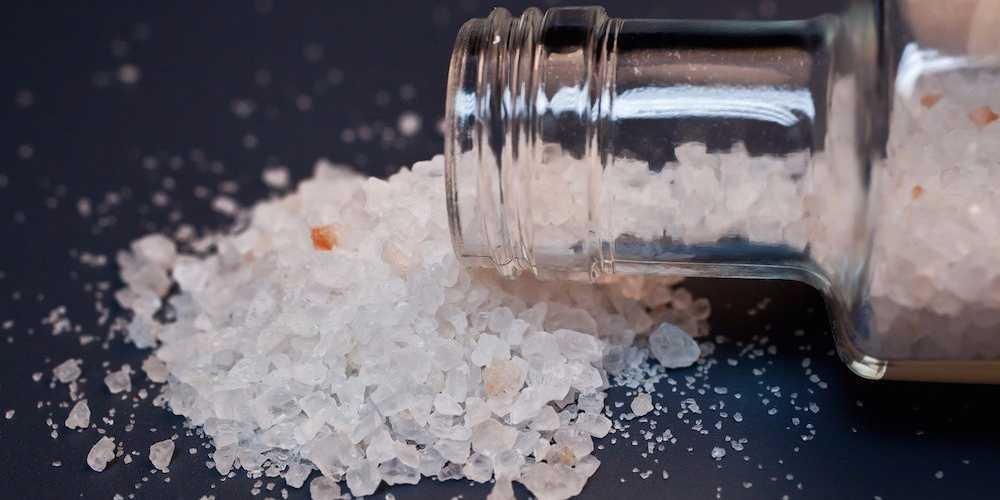
Turkish authorities have seized the deadly drug “Flakka” for the first time when they tracked a package coming from Barcelona to Istanbul’s Avcılar district, busting the substance sent to a Turkish anchorman, daily Habertürk reported on Oct. 15.
The package sent from Spain was first tracked then spotted by sniffer dogs as the receiver was ambushed. The receiver of “Alpha PVP Hydrochloride,” also known as the “zombie drug,” was Serkan O., an anchorman who has cast news reports on the drug before.
“Someone I’m close to sent it to me from Barcelona. I didn’t know what was in it,” Serkan O. said.
The suspect was first detained and then arrested, with law enforcement officials still seeking where the drug came from.
The synthetic drug is deadly and can cause delirium, Turkish authorities have said.
"Those who consume the substance attack strangers, tear up their clothes. The hallucinogenic substance can also cause heart attacks,” the authorities said about the drug, adding that it gives consumers a frightening look.
Flakka, a highly addictive drug that causes a spike in body temperature as well as paranoia and psychosis, made its appearance into the narcotics world first in the U.S. and Brazil. Now it is on a global spread.
Millennials are also dealing the drug that is widely likened to “bath salt” and is considered cheap.
In 2015, police in Florida, where flakka has a stronghold, busted a 22-year-old woman for importing the drug from China, the Broward Palm Beach New Times reported. The year before, a 22-year-old student at Hunter College in New York City was arrested for trafficking more than a pound of alpha-PVP from Shanghai into the U.S., according to the New York Post.
At least 20 countries have banned or regulated alpha-PVP in some way. The Chinese government banned flakka and 115 other synthetic drugs as of Oct. 1, 2016 – just weeks before the U.S. Treasury Department sanctioned Bo Peng, one of China’s biggest flakka traffickers, the Rolling Stone reported on Aug. 19, 2016.